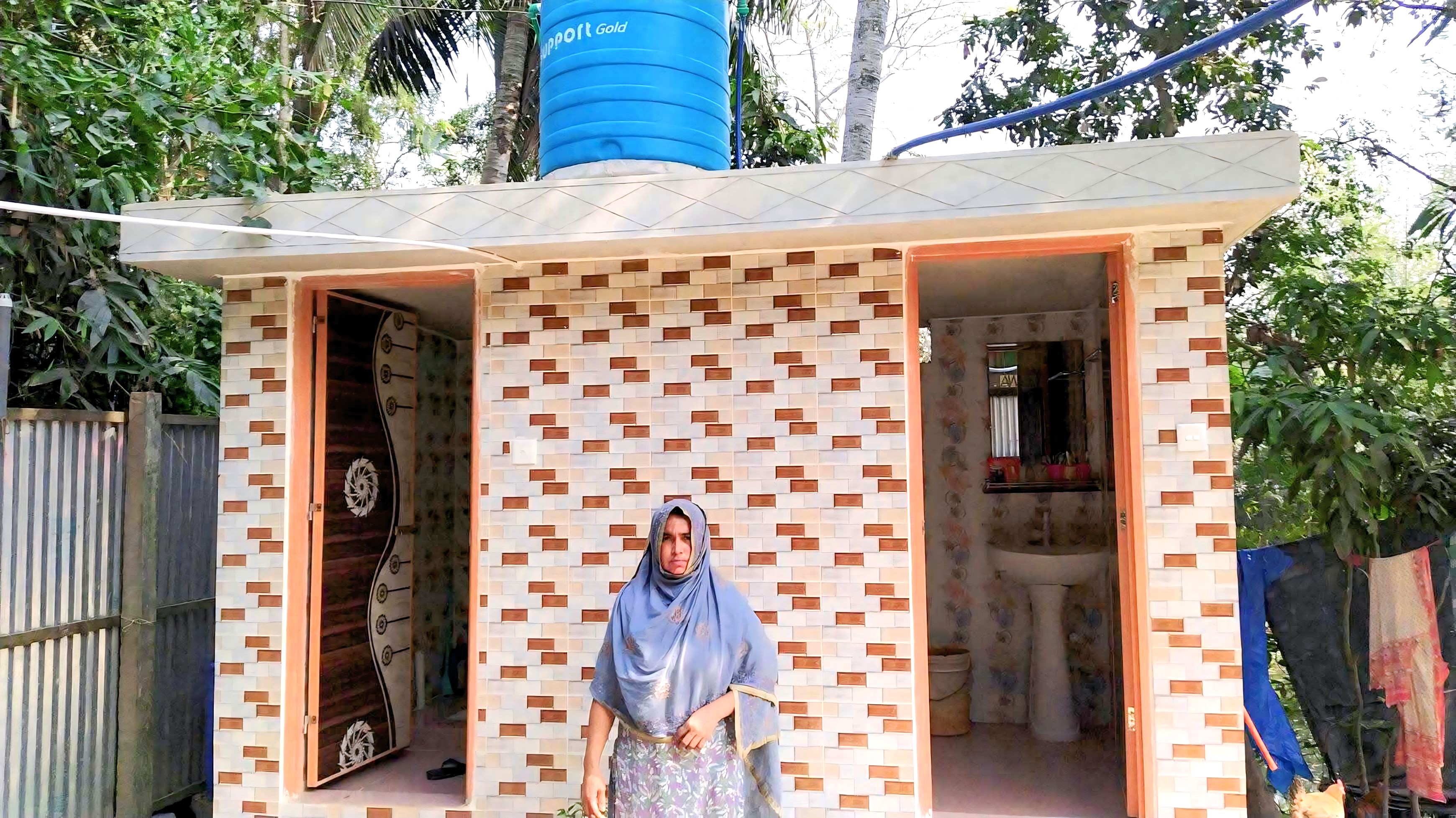Our objectives are twofold: to improve access to “safely-managed” WASH services in rural areas and to strengthen institutional capacity for sustainable water and sanitation systems. Operating across 21 branches in 12 Upazilas, we’re building infrastructure that meets global standards, even in remote regions and public spaces. In 2023-2024, we formed Upazila Coordinating Committees in Chandpur, holding successful meetings to kickstart implementation. A comprehensive survey to identify potential beneficiaries is underway, ensuring precision in targeting the most vulnerable—approximately 4.5 million people by project’s end.
Beyond infrastructure, the BD Rural Wash Project drives behavioral change. We deploy community health workers to deliver regular training on handwashing, baby WASH, and menstrual hygiene, while a robust campaign encourages adoption of these practices. This dual approach—hardware and education—helps prevent diseases and protects communities from outbreaks, fostering healthier, more resilient households. With Tk 229 million in AUP’s 2023-2024 revenue supporting our efforts, we collaborate with PKSF and the Department of Public Health Engineering (DPHE) to ensure water quality and availability guide site selection.
Imagine a family in Matlab North fetching arsenic-free water from a new tube well, or a schoolgirl using a hygienic latrine for the first time—these are the changes we’re delivering. By 2026, this project will leave a lasting legacy of health and dignity in Chandpur and beyond, proving that access to WASH is a foundation for progress.



